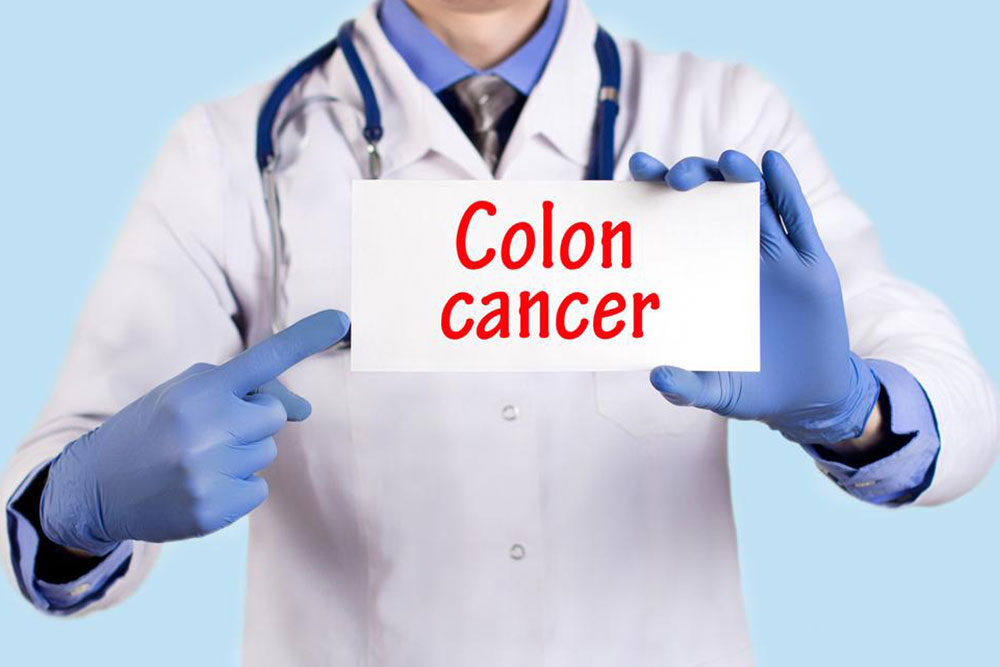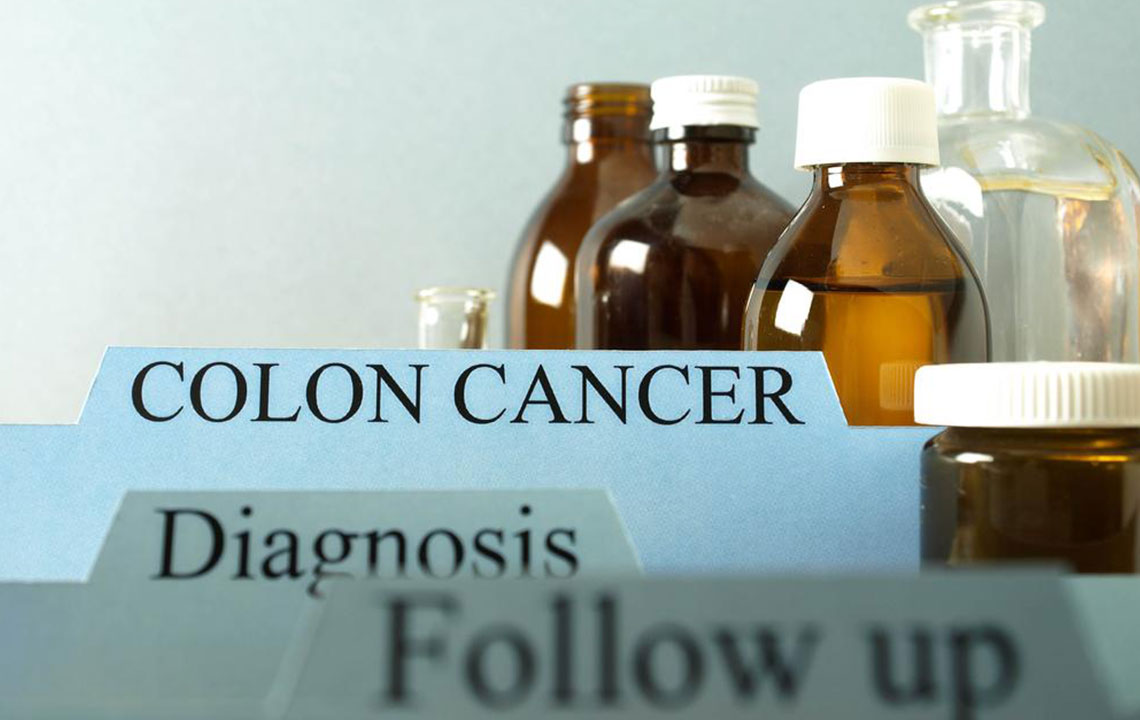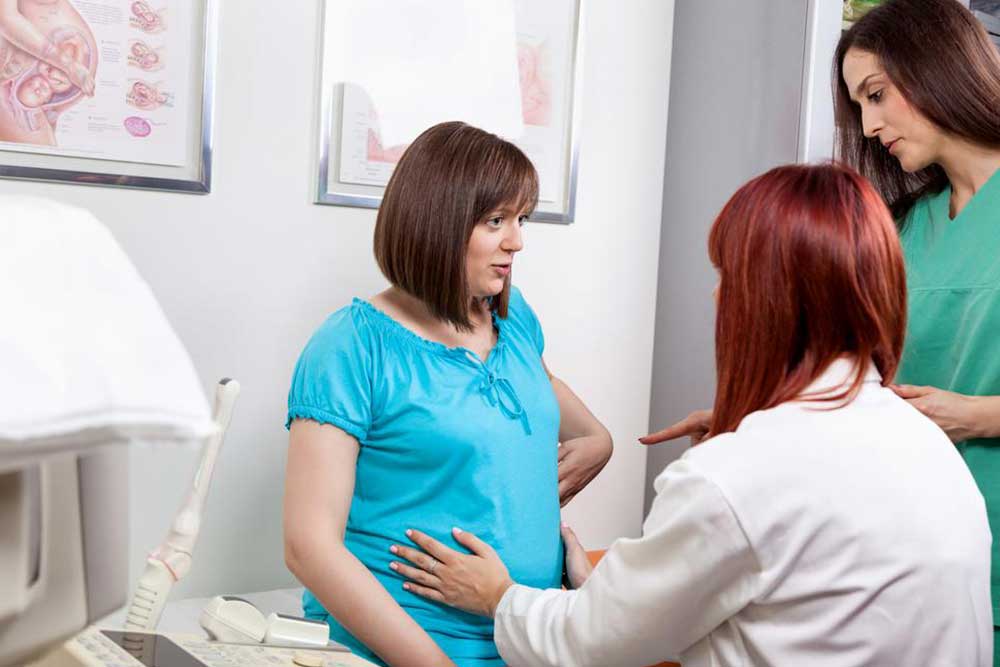Early Signs and Symptoms of Colorectal Cancer
Learn about the early warning signs and symptoms of colorectal cancer, including changes in bowel habits, unexplained weight loss, and rectal bleeding. Early detection is essential for effective treatment, especially in high-risk groups. Regular screenings and awareness can save lives by catching the disease before it progresses.

Colorectal cancer develops when malignant cells form in the lining of the colon or rectum. The colon, the longest segment of the large intestine, plays a key role in water and salt absorption before waste is expelled through the rectum and anus. Most colon cancers originate from polyps—growths on the inner lining of the colon or rectum. These include adenomatous polyps, which can become cancerous, and hyperplastic polyps, which are usually harmless. Factors like genetic mutations, diet, and polyps contribute to the risk of developing this disease.
As the tumor grows, it can invade other organs via blood and lymphatic systems, causing severe health issues. If not detected early, colon cancer cells multiply uncontrollably, avoiding natural cell death, and leading to metastasis. This progress can eventually impair vital bodily functions and become life-threatening. Early diagnosis through screening is vital for successful treatment.
Symptoms often appear once the cancer has advanced, making early detection crucial. Common indications include fatigue, unexplained weight loss, and anemia. Abdominal pain or bloating, changes in bowel habits—such as constipation or narrowed stools—and rectal bleeding are typical signs. Additionally, a sensation of incomplete bowel movement and increased stool frequency may signal underlying issues. Recognizing these symptoms can prompt timely medical evaluation and intervention.
Early-stage colon cancer may be asymptomatic, but understanding these warning signs enhances early diagnosis. Medical procedures like surgery, radiation, and chemotherapy are treatment options, with success rates higher when caught early. Regular screenings and monitoring are especially important for individuals at increased risk. Consulting healthcare professionals and undergoing routine checkups can dramatically improve outcomes and survival chances.
Note: This article provides general information about colon cancer symptoms. It is not a substitute for professional medical advice. Always consult a healthcare provider for diagnosis and treatment options.










